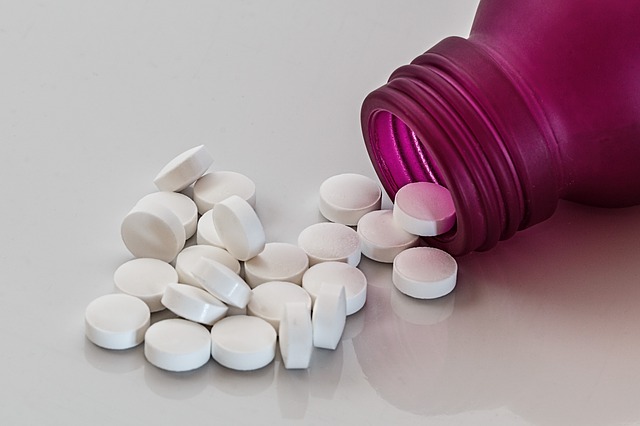Paying Patients to Take Meds
WRITTEN BY: RYAN GOODWIN
The University of Pennsylvania released a study Sunday that could change the way patients take their proscribed medicine. Researchers came up with an idea to pay patients who take their allocated dosage of medicine each day. The idea involves a wireless signal being placed on the cap of the pill bottle which relays a signal to the hospital that informs the physicians that a patient has taken the medicine.
Researches focused their research on Statins, a medicine designed to help those with high cholesterol. The study analyzed four different groups of patients. Patients in group one got paid, the doctors in group two got a bonus, in group three the doctors and patients split the money, and those in group four were not paid at all.
In the study, the total money accumulated per year that would either be split, or solely taken, was $1,024.00. This amounts to a possible bonus of about $2.80 per day if a patient takes their medicine. It is important to point out that cholesterol levels fell across the board despite the fact of whether or not patients or doctors were paid.
The idea behind the hypothesis is that it will cost hospitals less to pay patients, than treat them for heart attacks and complications resulting from the disease, which can be upwards of tens of thousands of dollars per case.





